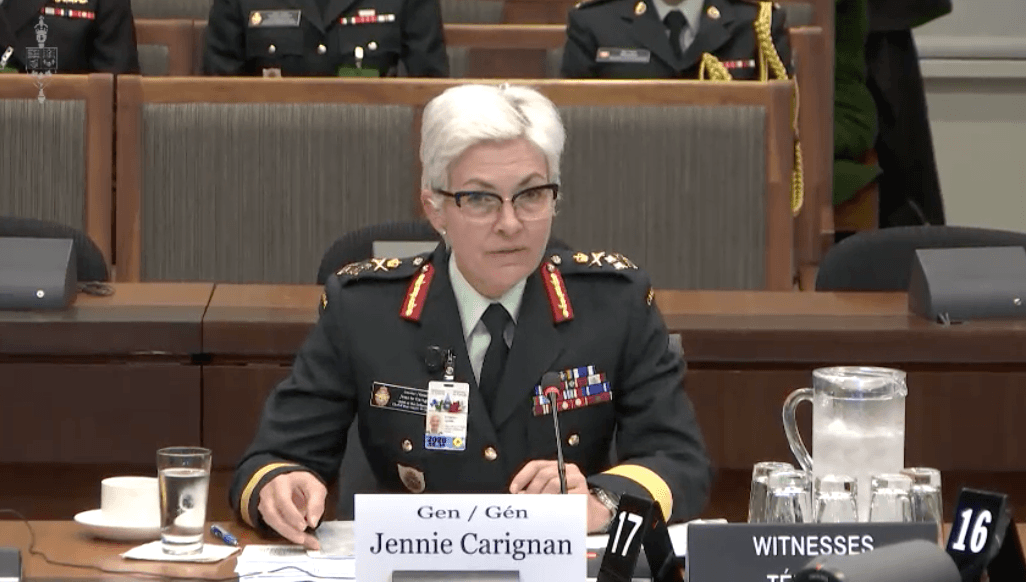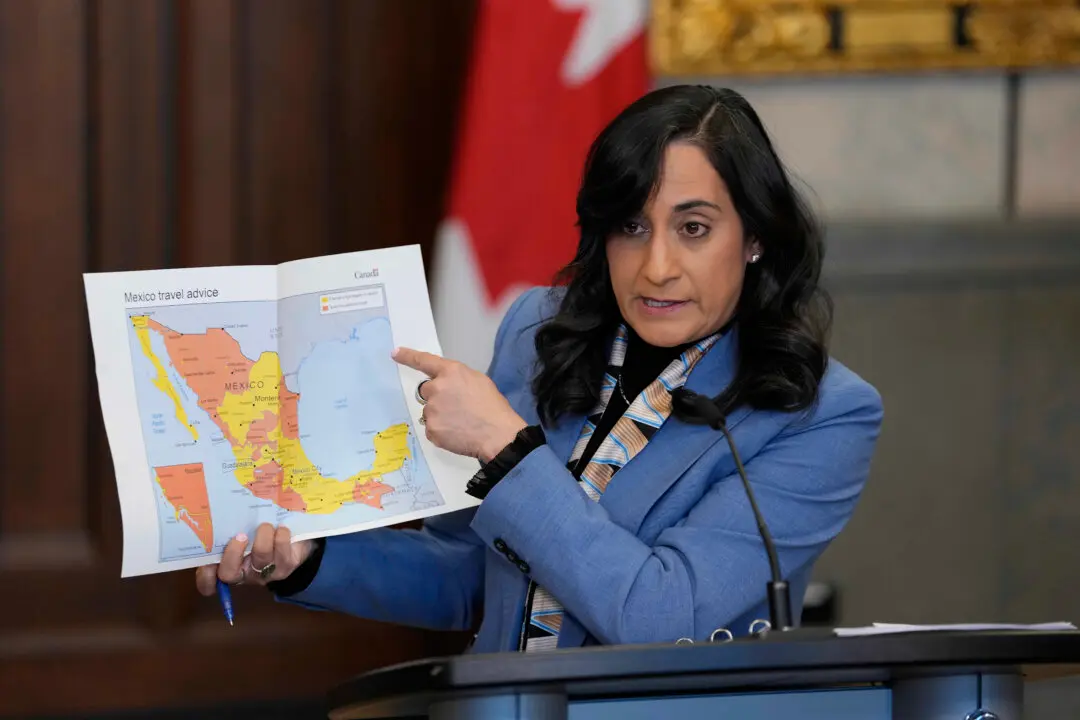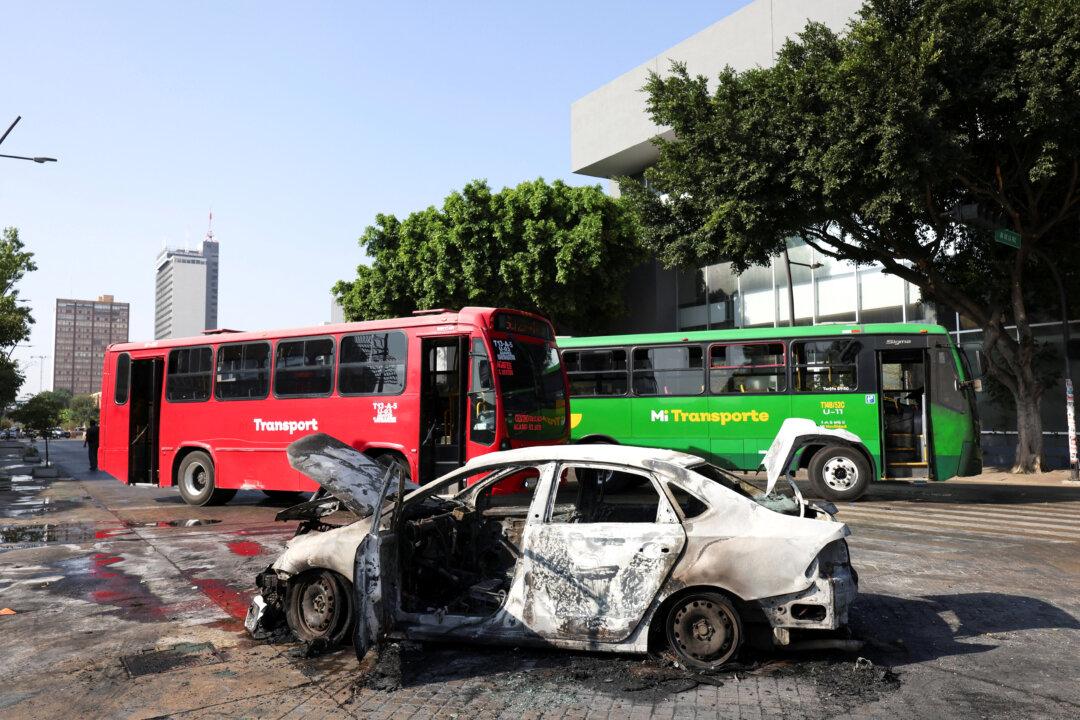Canada’s new military chief says she aims to fill all the vacancies in her organization within five years, as she prioritizes retention and changing recruitment methods to diversify the ranks.
“I’m committed to building on the work of my predecessors, that means focusing on the three Rs: recruitment, retention and readiness,” Gen. Jennie Carignan told the House of Commons national defence committee on Sept. 26.





